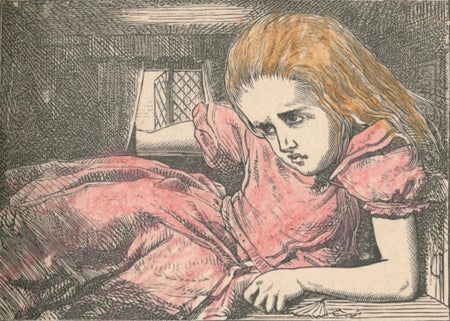
How Rare ‘Alice in Wonderland Syndrome’ Warps Reality
Researchers are learning what causes Alice in Wonderland syndrome, a rare neurological condition that can appear to warp bodies, time and reality itself
Allison Parshall is an associate news editor at Scientific American who often covers biology, health, technology and physics. She edits the magazine's Contributors column and weekly online Science Quizzes. As a multimedia journalist, Parshall contributes to Scientific American's podcast Science Quickly. Her work includes a three-part miniseries on music-making artificial intelligence. Her work has also appeared in Quanta Magazine and Inverse. Parshall graduated from New York University's Arthur L. Carter Journalism Institute with a master's degree in science, health and environmental reporting. She has a bachelor's degree in psychology from Georgetown University. Follow Parshall on X (formerly Twitter) @parshallison

How Rare ‘Alice in Wonderland Syndrome’ Warps Reality
Researchers are learning what causes Alice in Wonderland syndrome, a rare neurological condition that can appear to warp bodies, time and reality itself
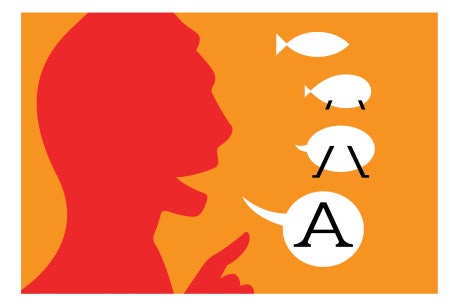
Eight, Ocho, Acht Most Fascinating Language Discoveries of 2024
This year scientists found universal language for pain, tracked why some words go extinct, developed mind-reading brain-to-speech technology, and more
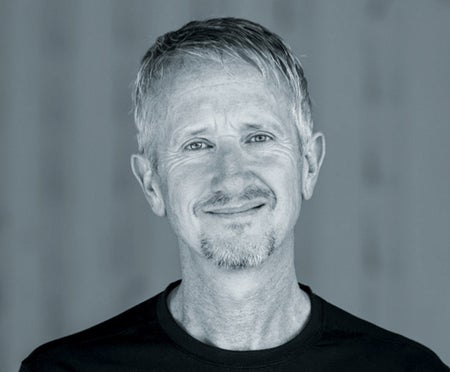
Contributors to Scientific American’s January 2025 Issue
Writers, artists, photographers and researchers share the stories behind the stories
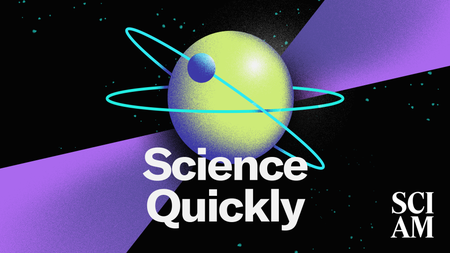
Will AI Audio Replace Podcasts? Not So Fast
Translating complex information into captivating podcasts is no simple task. Is AI up to the challenge?
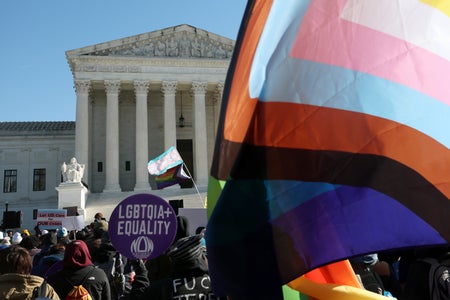
Supreme Court to Decide Landmark Transgender Health Care Case. Here’s What’s at Stake
In United States v. Skrmetti, the Supreme Court is considering whether a law banning gender-affirming care for transgender youth is discriminatory under the Constitution
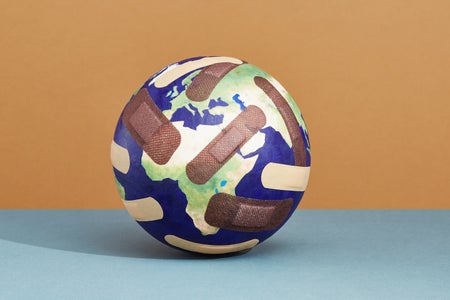
Ouch! Linguists Find Universal Language for Pain
From “ouch” to “aïe” to “yakayi,” languages across the world exclaim pain using similar-sounding words, hinting at a common origin
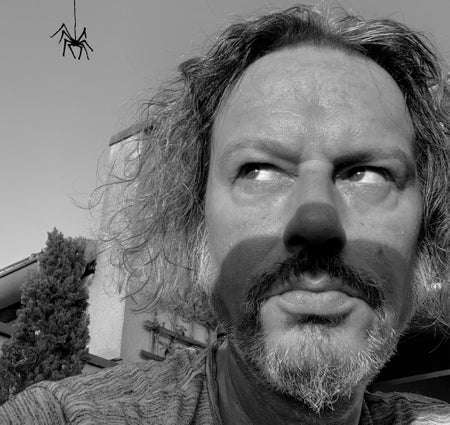
Contributors to Scientific American’s December 2024 Issue
Writers, artists, photographers and researchers share the stories behind the stories
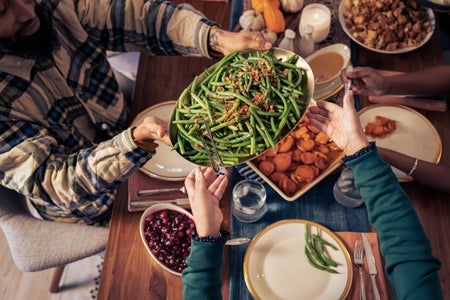
It’s Actually Healthier to Enjoy Holiday Foods without the Anxiety
Food anxiety can peak during the holidays. Here’s how to manage it and enjoy yourself
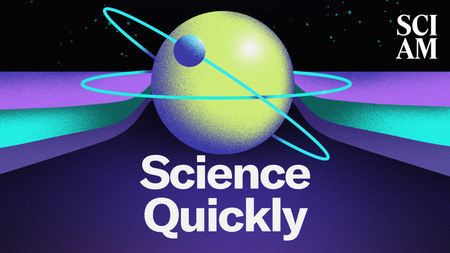
Your 2024 Election Rundown, from Immigration to Education
The outcome of the 2024 U.S. presidential election could set the climate agenda, reshape public education and shift the dynamics of global science collaboration.
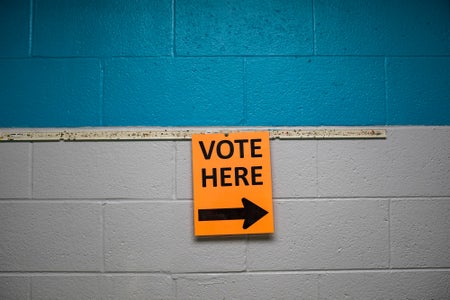
Why Election Polling Has Become Less Reliable
Election polls are increasingly vulnerable to huge mistakes
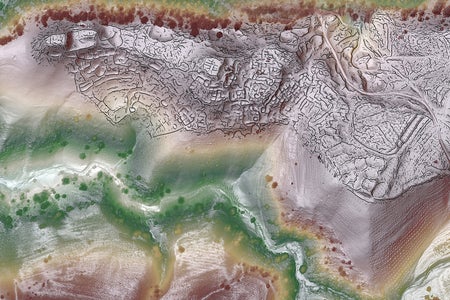
Lost Silk Road Cities Discovered High in the Mountains of Central Asia
On the Silk Road, these lost twin cities may have sustained themselves in a foreboding landscape with metallurgy and commerce
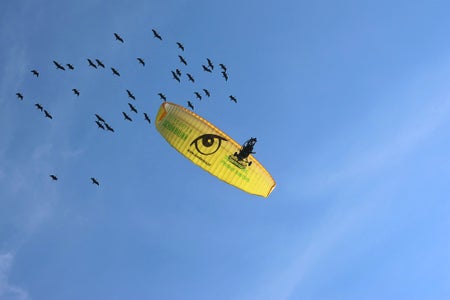
Flying Conservationists Teach Endangered Birds to Migrate
Inspired by a classic movie, conservationists are teaching endangered Northern Bald Ibises to fly south for the winter
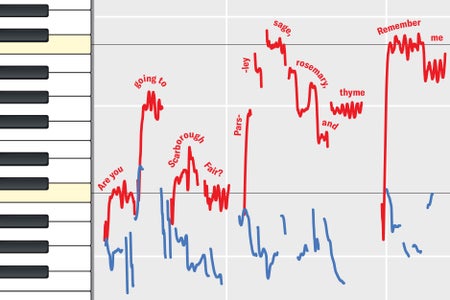
Hidden Patterns in Folk Songs Reveal How Music Evolved
Songs and speech across cultures suggest music developed similar features around the world
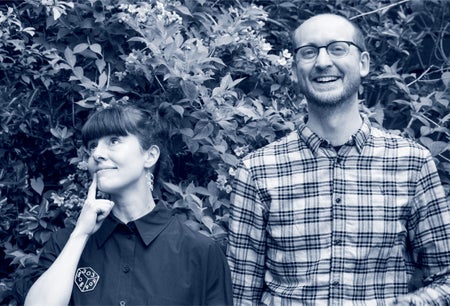
Contributors to Scientific American’s November 2024 Issue
Writers, artists, photographers and researchers share the stories behind the stories
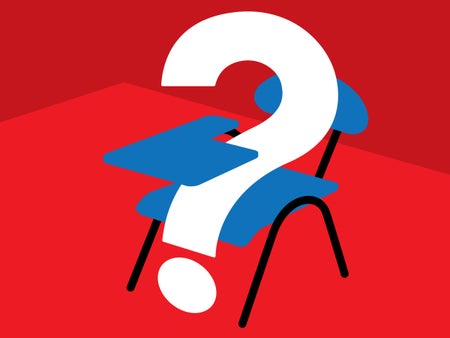
How the 2024 Election Could Reshape Education, from Pre-K to College
The presidential candidates differ on classroom censorship, school choice, federal funding for schools, and more
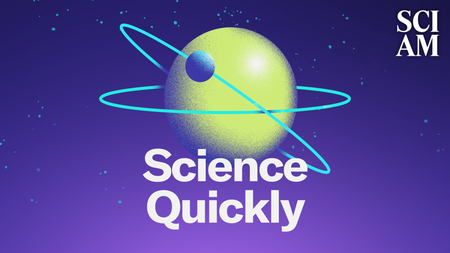
Traditional Music Shows Global Similarities in How We Sing
What can singing tell us about how we’re wired—and how our ancestors evolved?
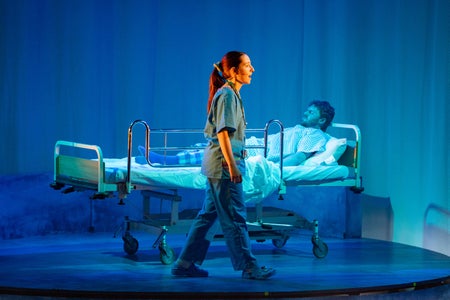
Scientists and Doctors Sing about ‘Superbugs’ in Penicillin Musical
The musical Lifeline tells the story of Sir Alexander Fleming’s discovery of antibiotics, as these revolutionary drugs continue to lose their efficacy
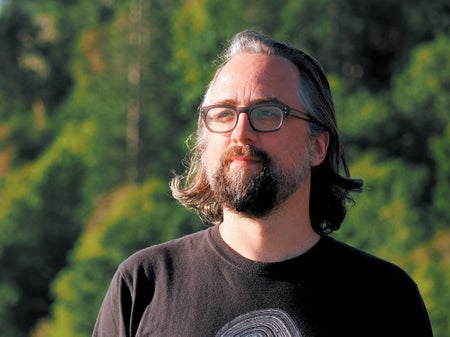
Contributors to Scientific American’s October 2024 Issue
Writers, artists, photographers and researchers share the stories behind the stories
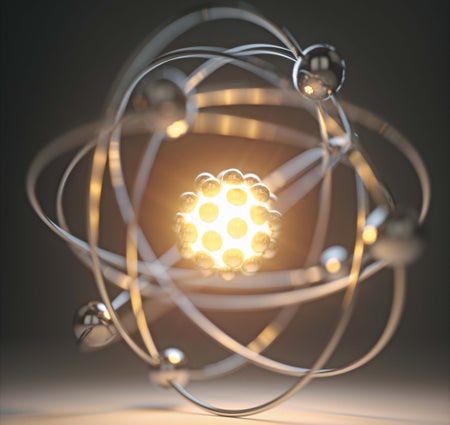
The World’s First Nuclear Clock Is Finally Ticking
After decades of work, physicists have finally broken into the atom to build the first nuclear clock
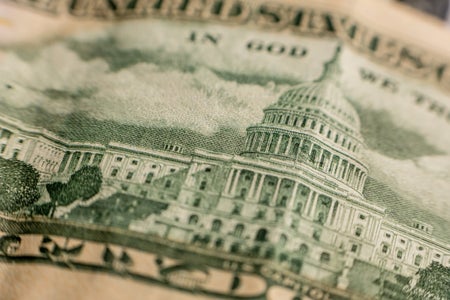
Wealthier Members of Congress Have Family Links to Slavery
U.S. Senators and Representatives whose family had a history of enslaving others have greater present-day wealth

‘Dark Oxygen’ from Seafloor Deposits Perplexes Researchers
Polymetallic blobs are producing “dark oxygen” from the depths of the ocean—and no one knows exactly how.
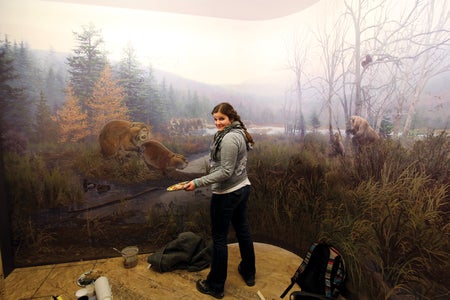
Contributors to Scientific American’s September 2024 Issue
Writers, artists, photographers and researchers share the stories behind the stories
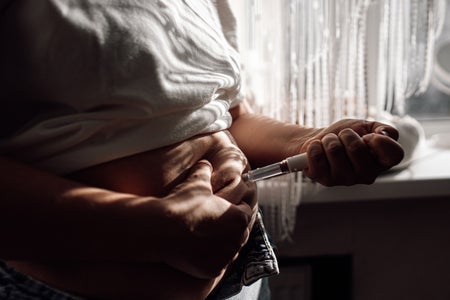
People Are Overdosing on Semaglutide Drugs like Ozempic and Wegovy
Dosing errors in the medication semaglutide, prescribed as Wegovy and Ozempic, can cause severe or prolonged gastrointestinal issues that require medical attention
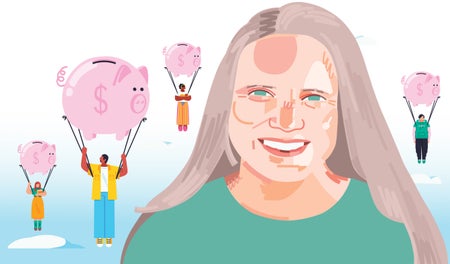
Basic Income Gives Money without Strings. Here’s How People Spend It
Pilot programs across the U.S., including new research funded by OpenAI, offer a glimpse of how a universal basic income could improve lives